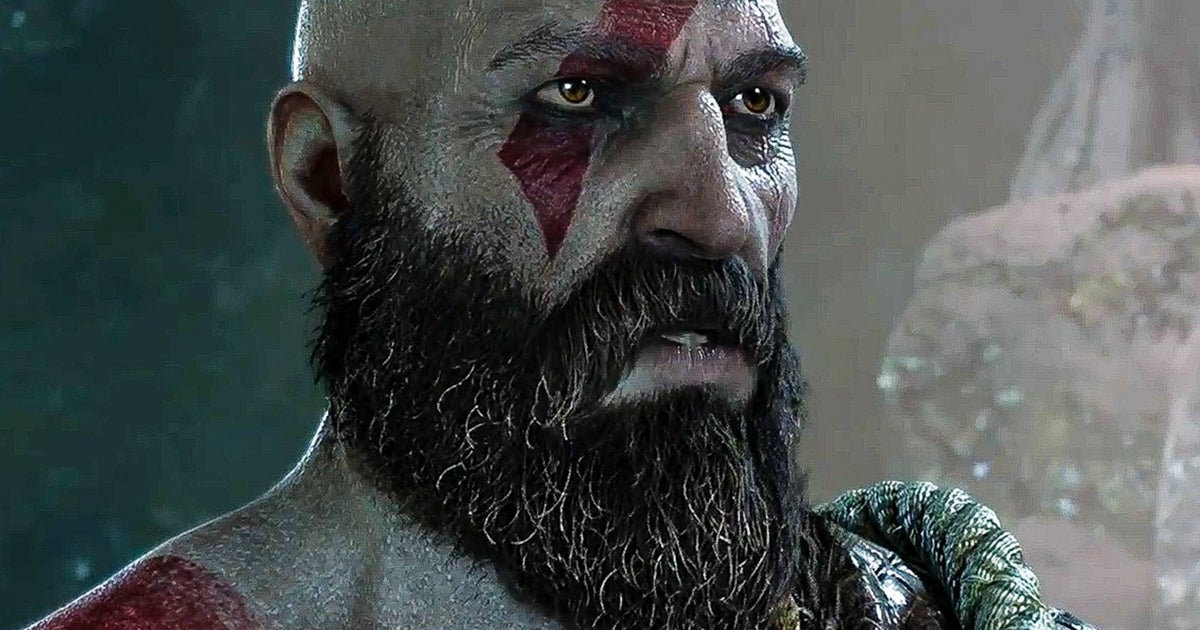Any articles on this phenomenon?
Sure, here's one:
https://drive.google.com/file/d/1W6lZir97bUU0KdvIGNIVWG0O-_A3QrdN/view
The basic idea is that as time goes by, the barrier to entry to make a game gets lower and lower. Making games is a highly desired job so tons of people try to make one. And because the barrier to entry is so low & everyone wants to make one, the number of games getting released is astronomical. Aka supply is far higher than demand and as a result, most games bomb.
To give specific examples, when I released Cthulhu Saves the World in 2011 on Steam, the rate of new games coming out was low enough that you were pretty much guaranteed that your new game would be on the front page on the New Releases chart for a week or two. That was a huge amount of visibility given to every single game with a result that merely getting your game accepted onto Steam as an indie developer meant that you had a very good shot at being profitable. Cthulhu Saves the World did so well for us that I was able to start making games full-time. And another game that came out the same week, Dungeons of Dredmor, did even better.
Now, there are so many new games coming out every day on Steam that when you release a game, there's no guarantee that you'll show up on the front page New Releases chart AT ALL. There's so many new releases that the Front Page chart is actually a "Popular, New Releases" chart to help thin things out and even if you make it to that chart, you're going to get kicked off pretty quick due to the rapid release of games. I just checked how many new products were released on Steam yesterday and the total was over 60! Admittedly, some of those were DLC, but even still, in the middle of a Steam Sale (aka the worst possible time to release a game on Steam), dozens of new games are coming out every single day!
I can't find the article right now, but I remember reading something that basically said the vast majority of Steam indie games these days sell under 10k (and many are under 1k) at normal prices (aka before they do crazy 50%-90% off sales). If you're selling 5-digits, you're basically in a small group of success, and if you manage 6-digits, then you've got a huge hit on your hands.
And well, those numbers don't bode well for making a living - 10k copies sold at $15 means about $100k revenue to the developer which is a good salary for a single person working for a year and not so good a salary if you have anyone else working with you that needs to get paid or spent more than 12 months working on your game. And 10k copies sold at $15 is selling a lot better than most indie games on Steam - good luck making those kinds of numbers on a year-project that you made yourself with no outside help.


